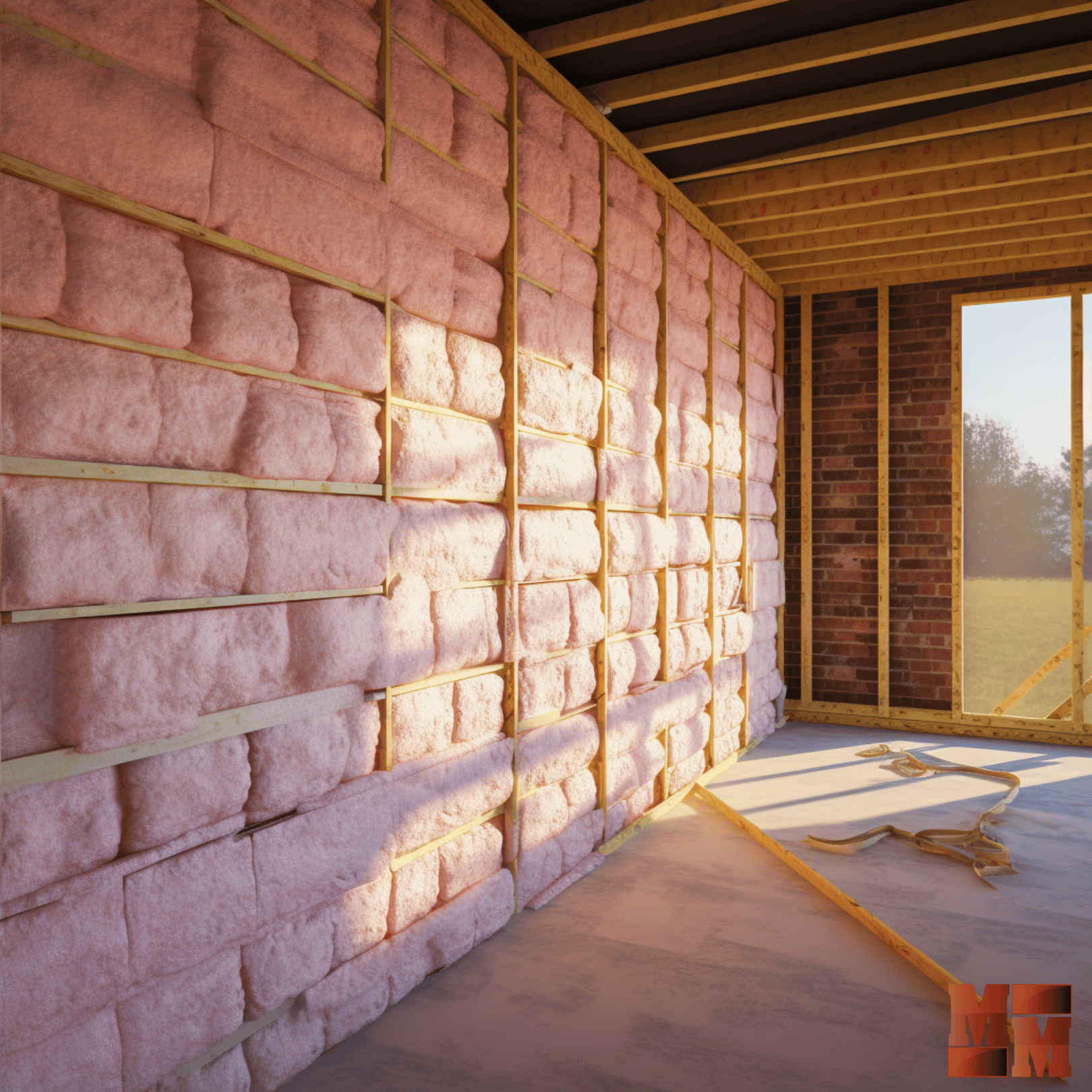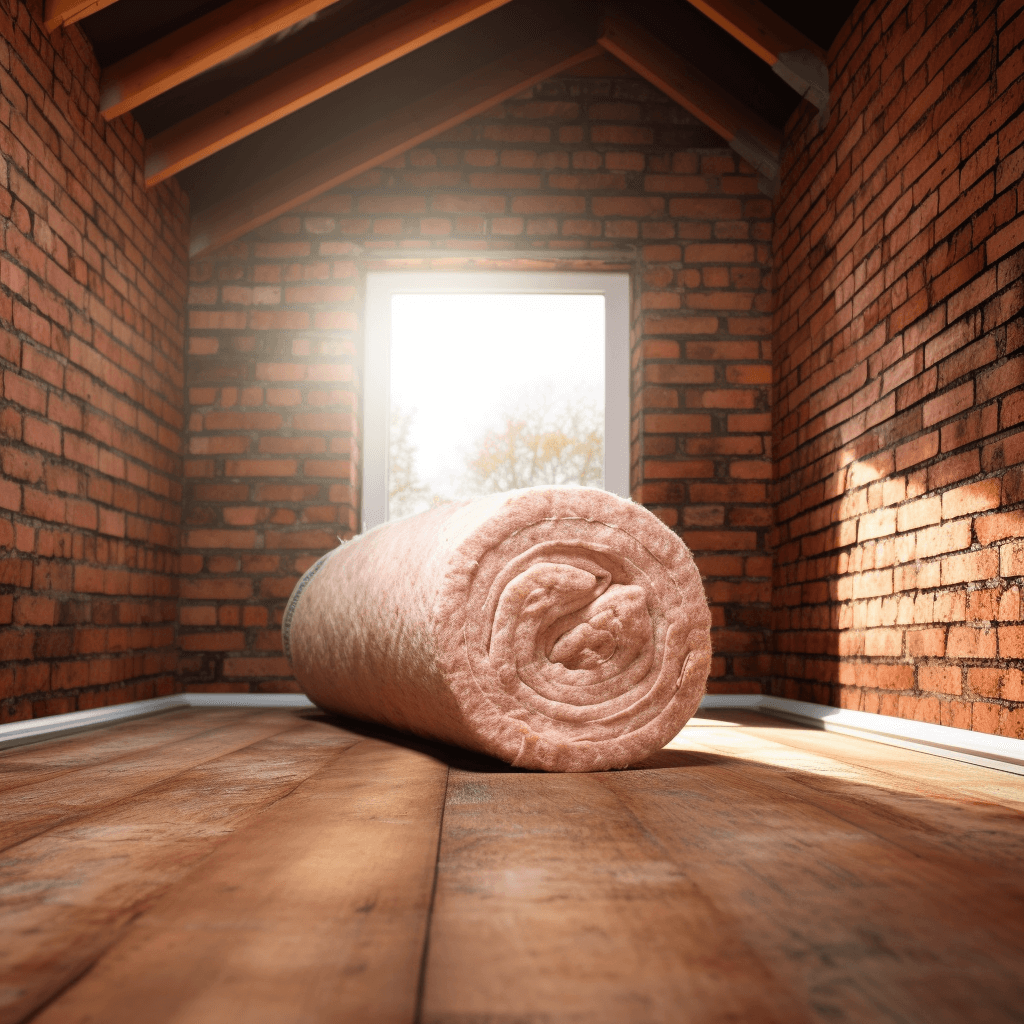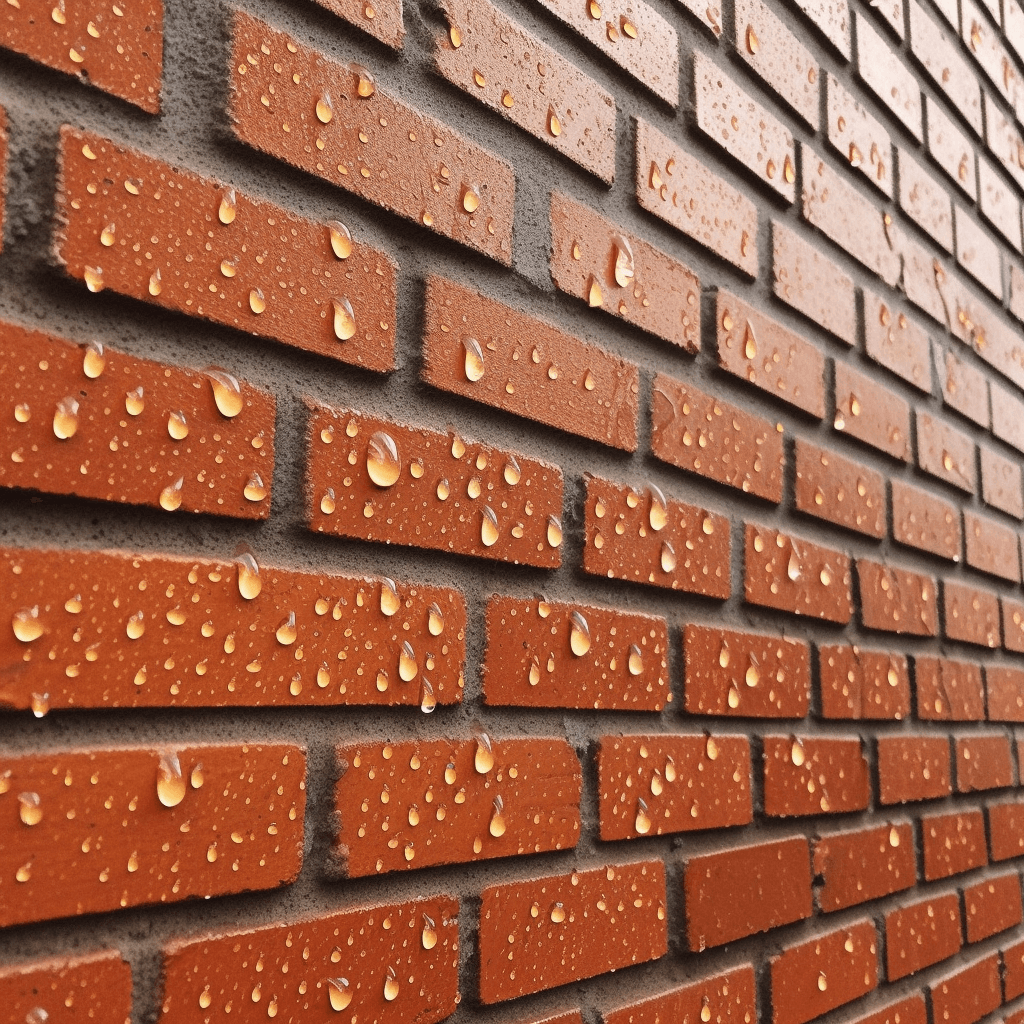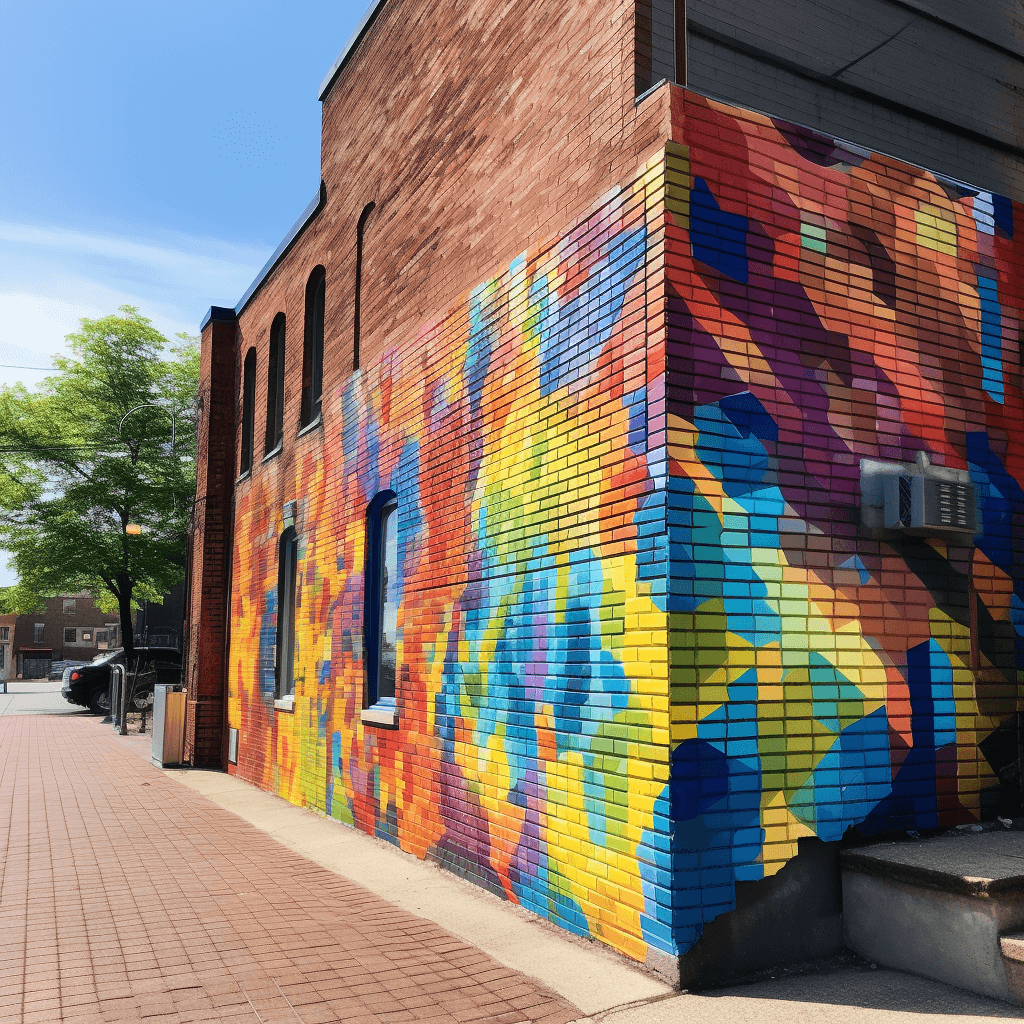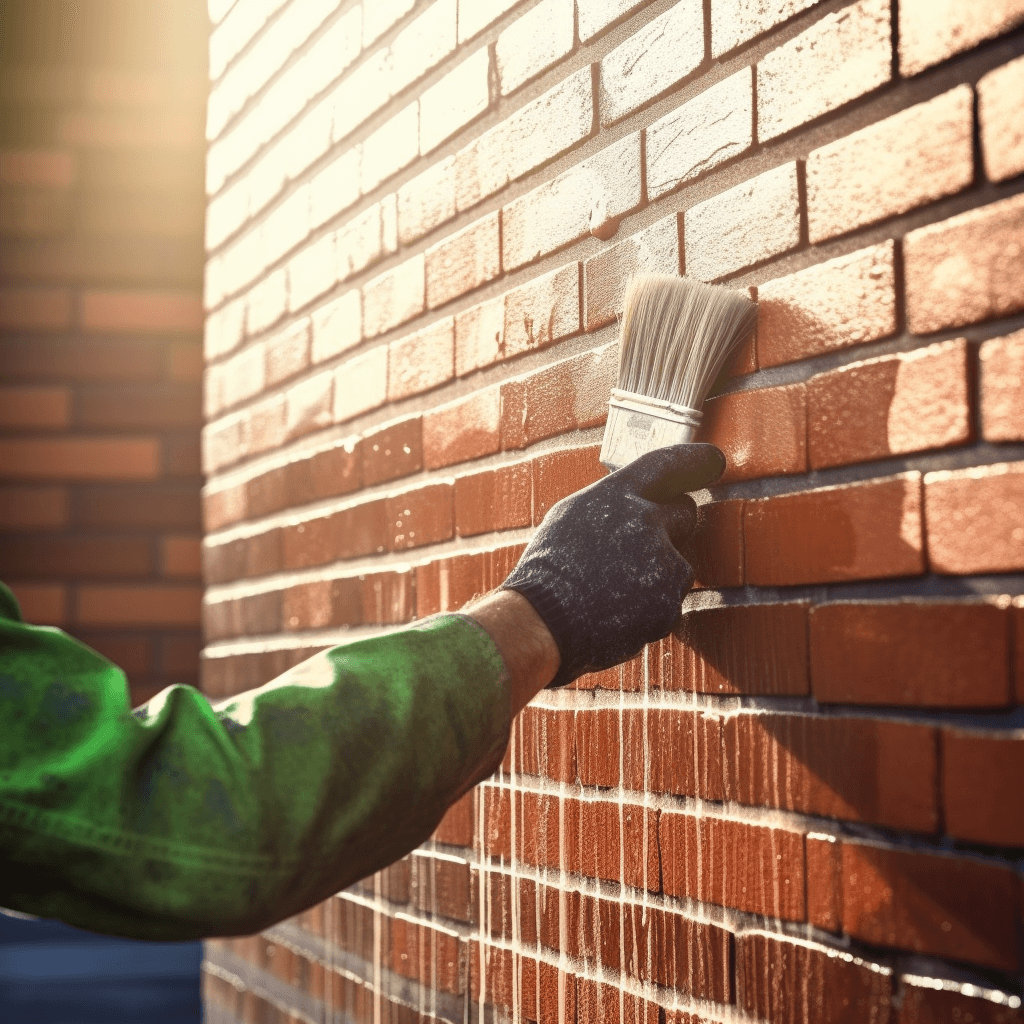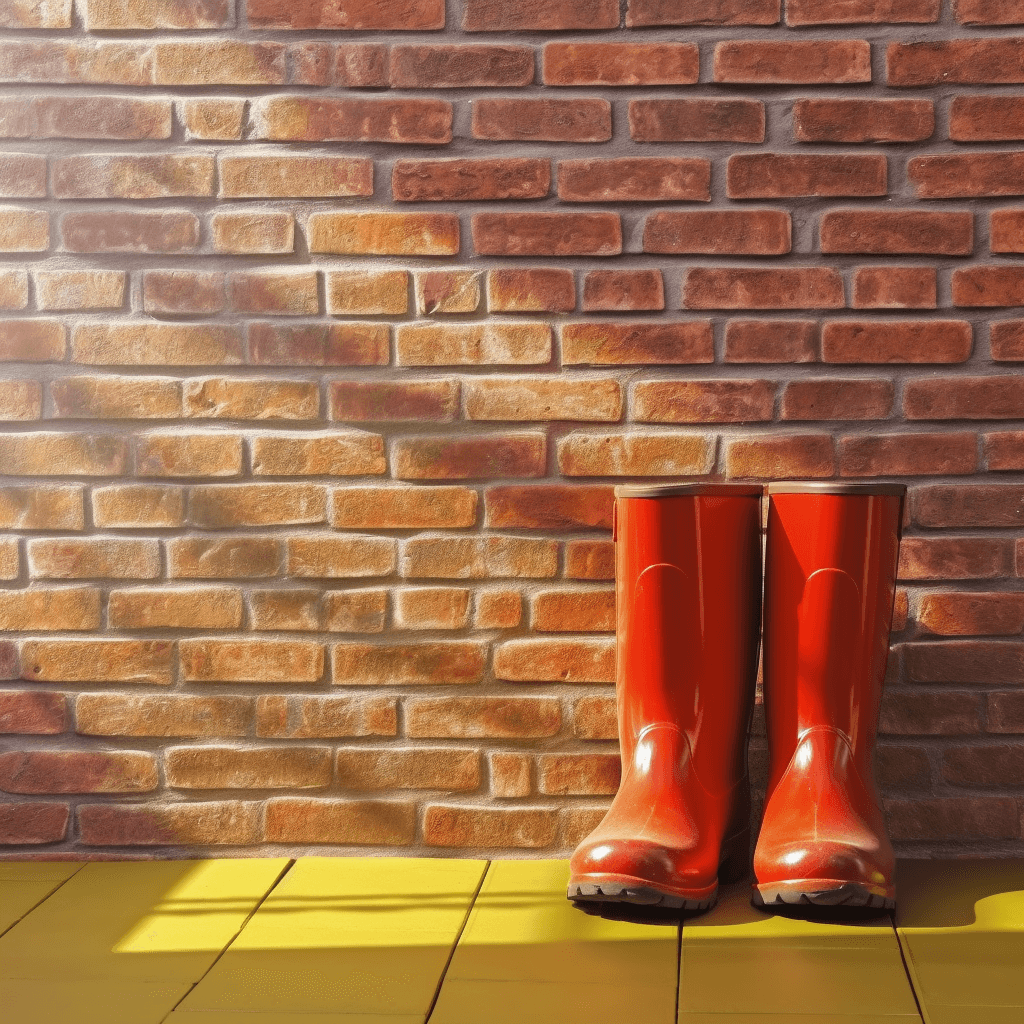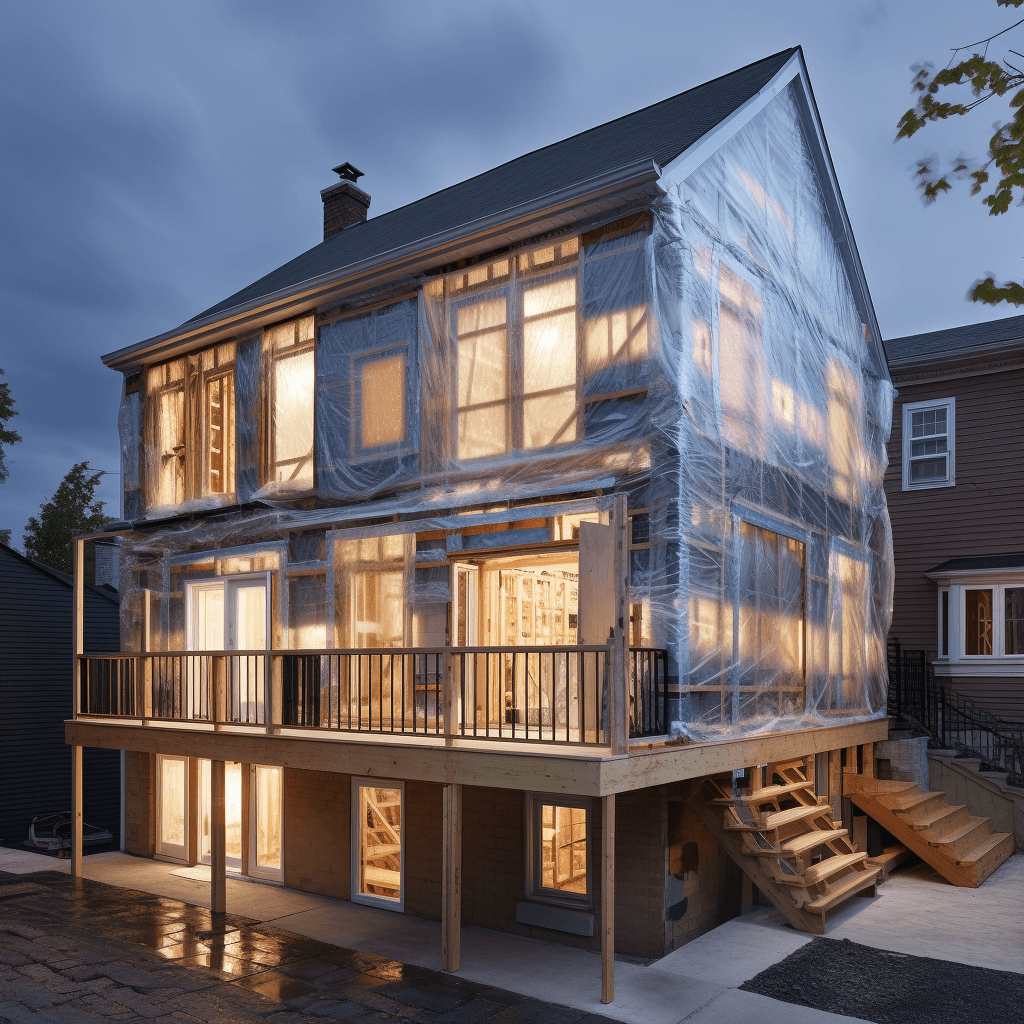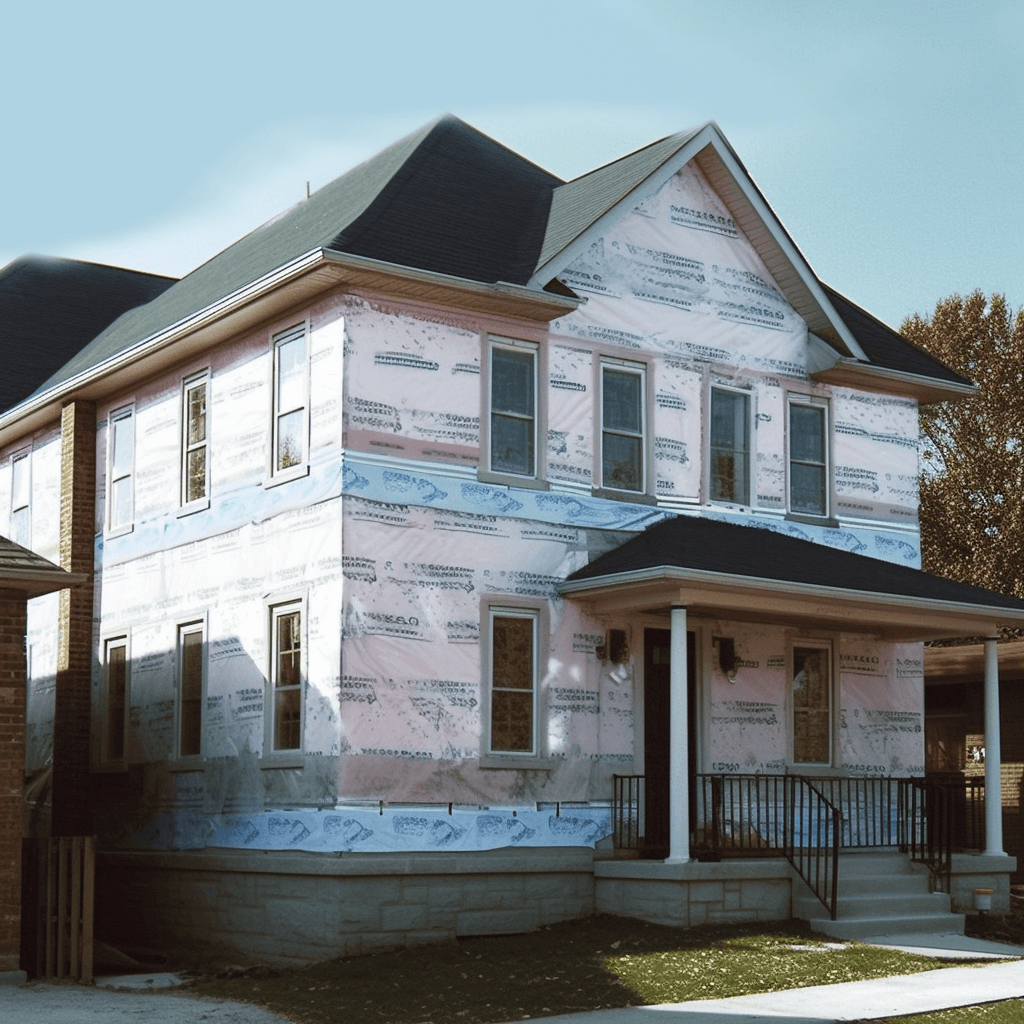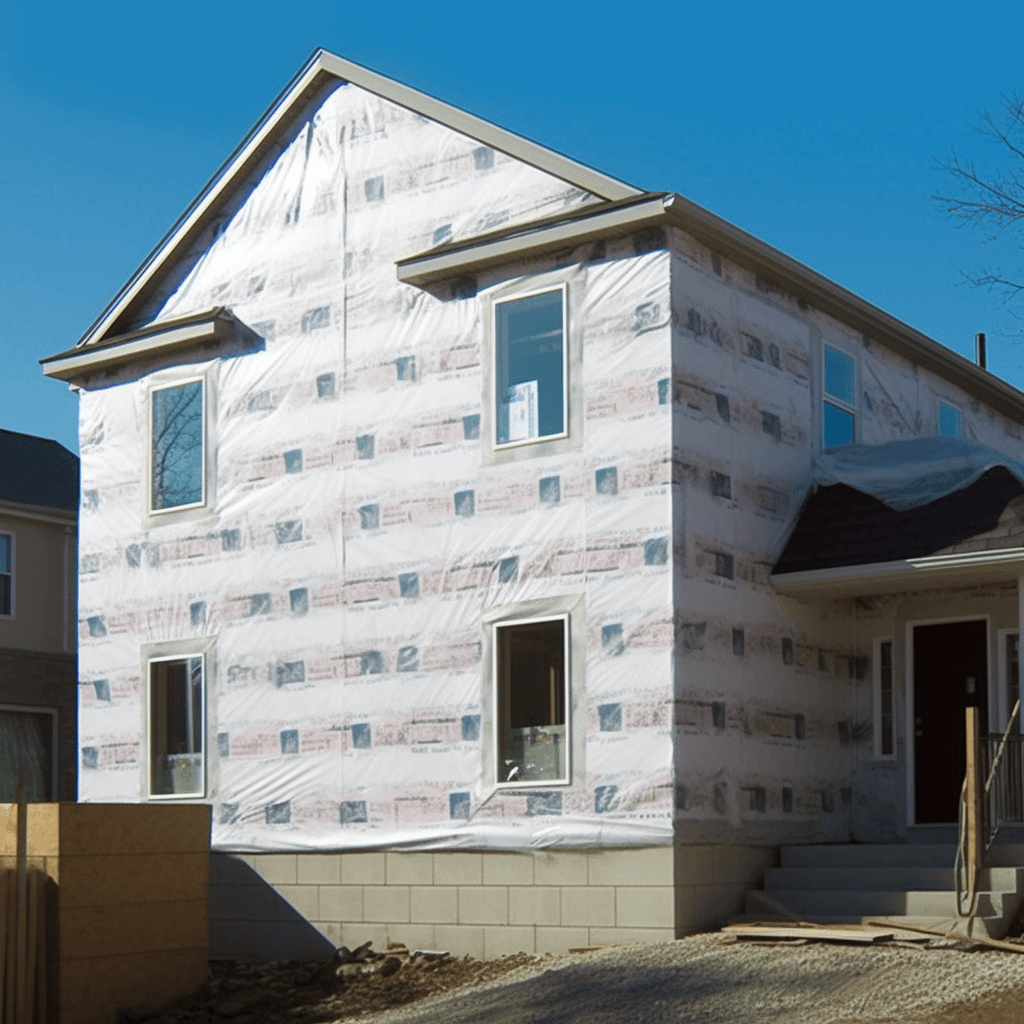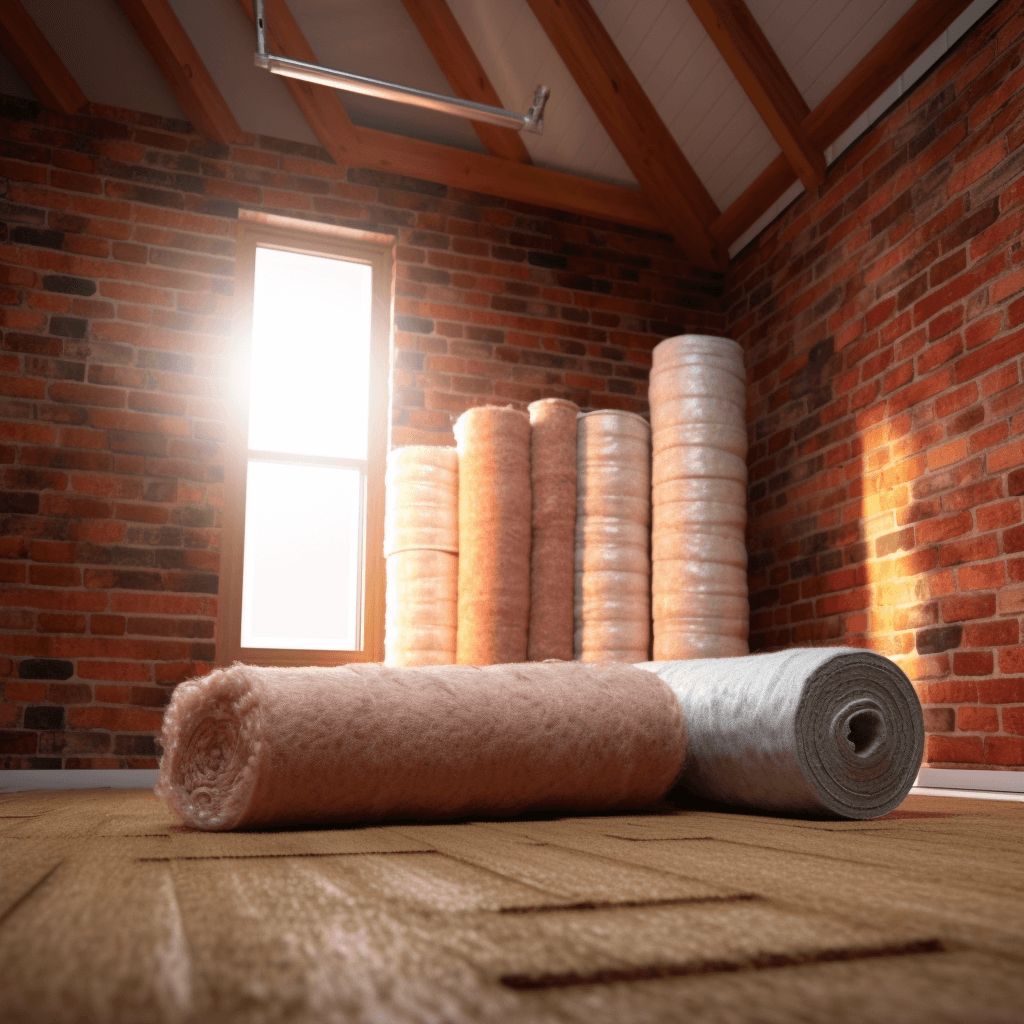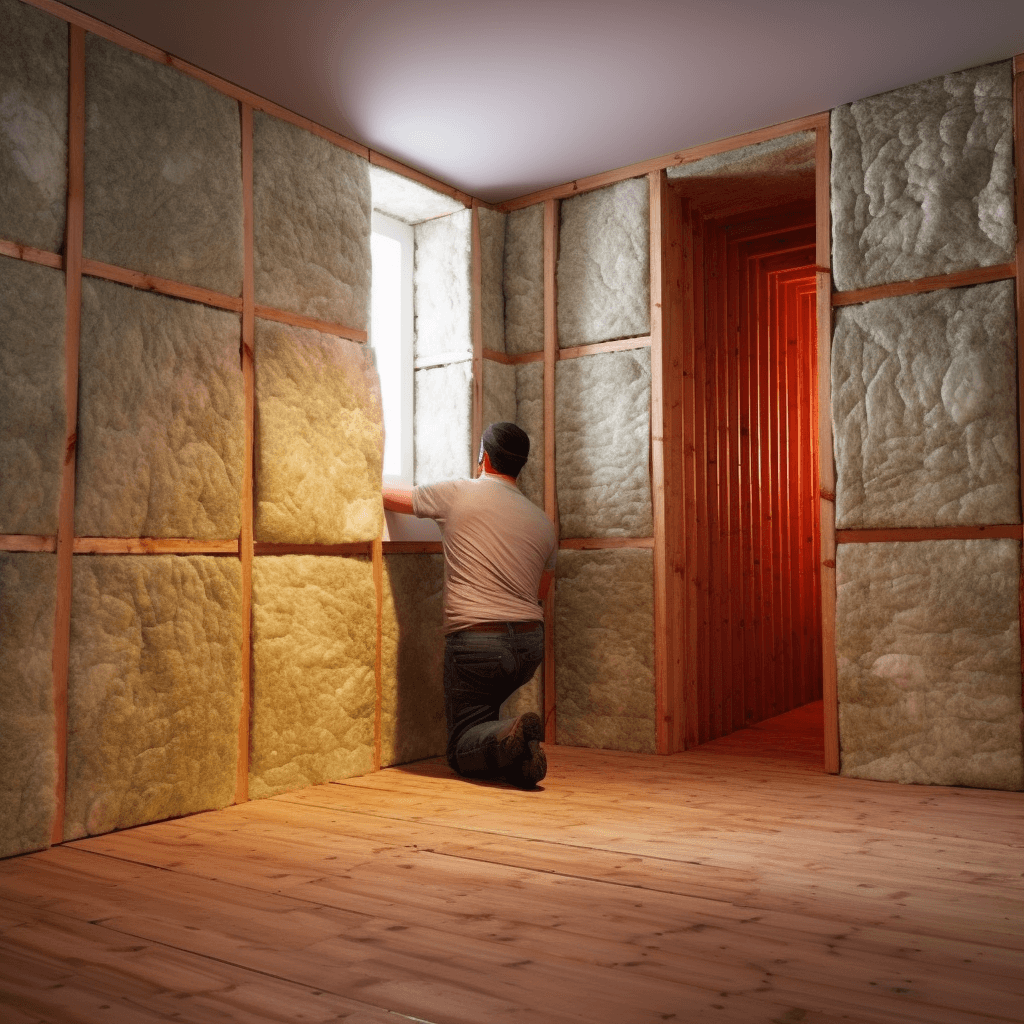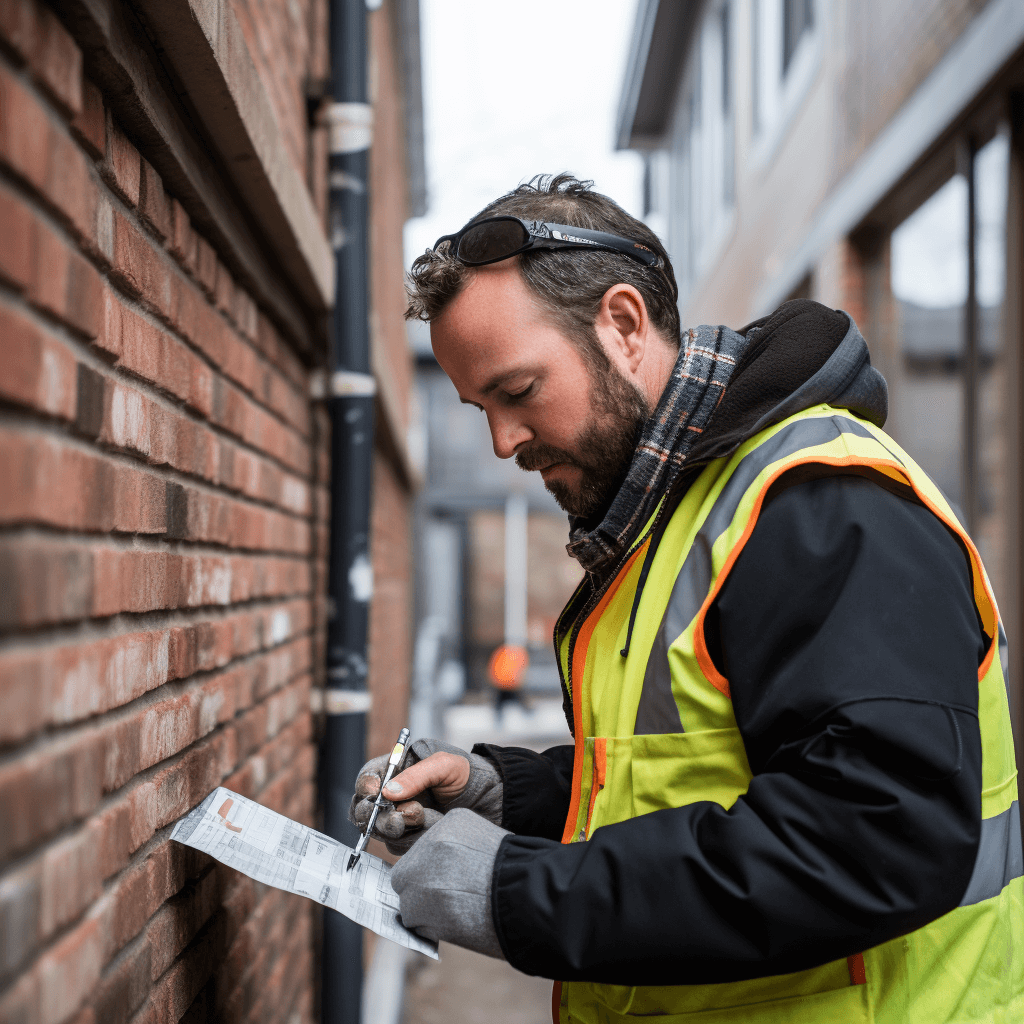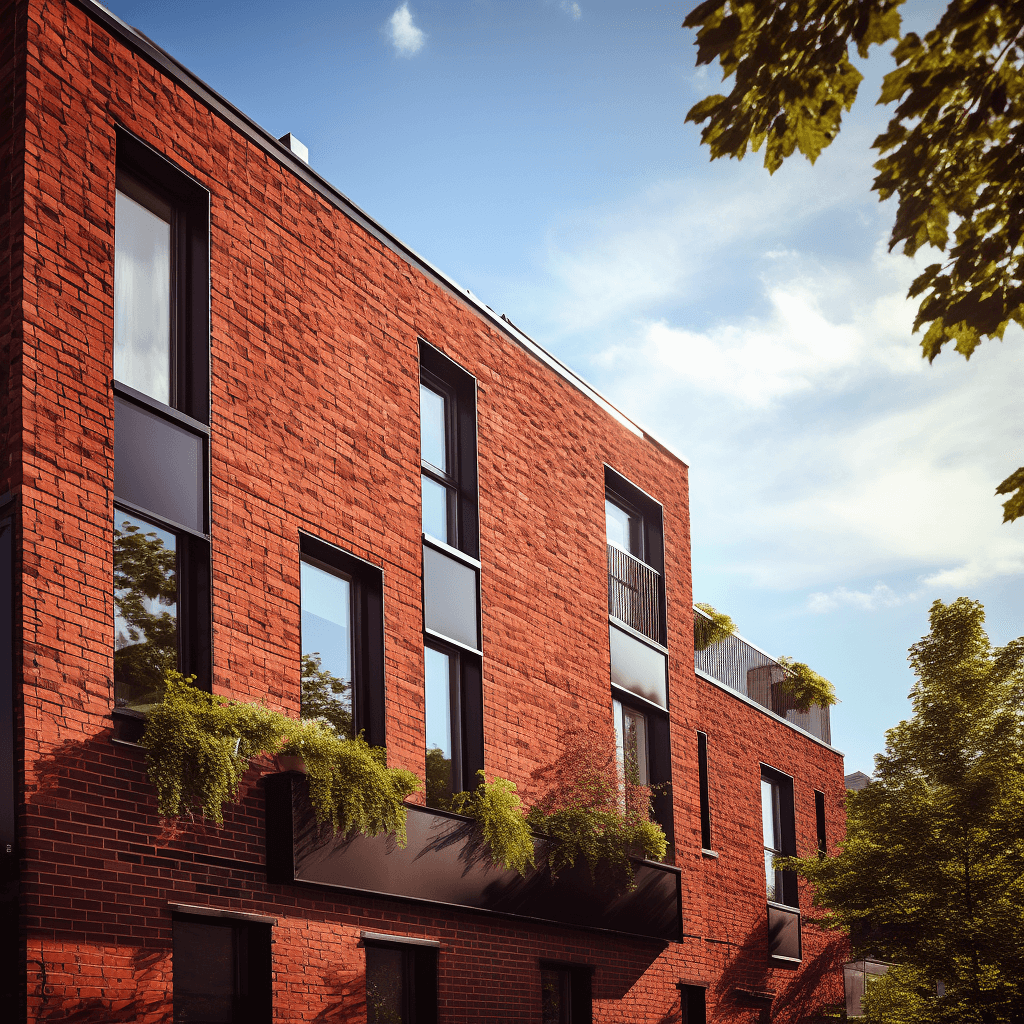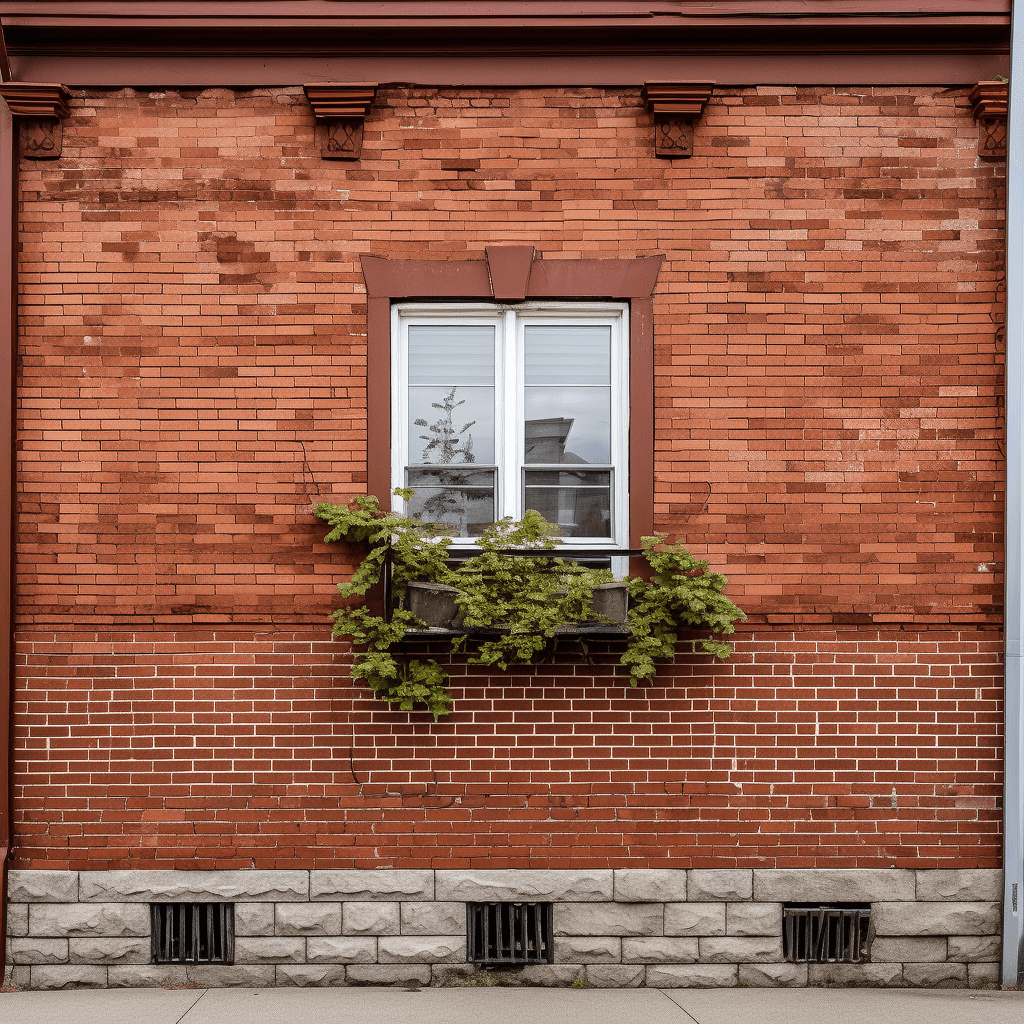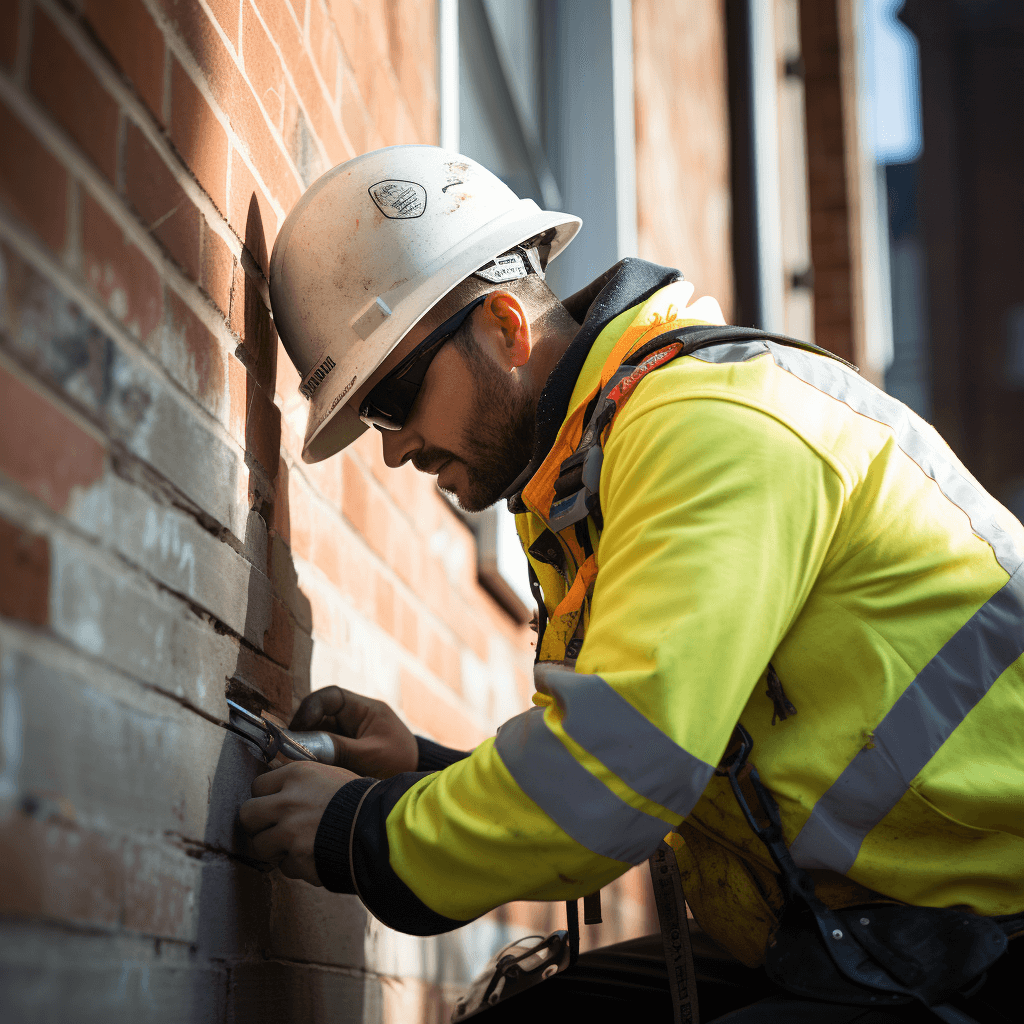Insulation and Waterproofing: Essential Components of Masonry Construction
Masonry is a popular and durable construction material that has been used for centuries to build a wide range of structures, from ancient fortresses to modern skyscrapers. One of the key advantages of masonry is its ability to withstand the elements, but to ensure the longevity and energy efficiency of a masonry building, proper insulation and waterproofing are essential. In this section, we will explore the importance of insulation and waterproofing in masonry construction, the various techniques and materials used, and the benefits of proper insulation and waterproofing.
Why Is Insulation Important in Masonry Construction?
Insulation is crucial in masonry construction for a number of reasons, including :
- Energy Efficiency : Proper insulation can help to reduce energy costs by maintaining a comfortable indoor temperature, reducing the need for heating and cooling.
- Moisture Control : Insulation helps to prevent moisture from penetrating the masonry, which can cause damage and lead to structural issues.
- Noise Reduction : Insulation can also help to reduce noise pollution, providing a more comfortable and peaceful indoor environment.
What Are the Different Types of Insulation Materials?
There are several types of insulation materials used in masonry construction, including :
- Fiberglass : Fiberglass insulation is a popular choice due to its affordability and ease of installation.
- Mineral Wool : Mineral wool is a fire-resistant insulation material that is often used in high-temperature applications.
- Foam Board : Foam board insulation is a rigid, lightweight material that provides excellent thermal resistance.
- Spray Foam : Spray foam insulation is a liquid that expands into a foam when applied, filling gaps and providing an airtight seal.
Why Is Waterproofing Important in Masonry Construction?
Waterproofing is equally important in masonry construction for a number of reasons, including :
- Preventing Water Damage : Waterproofing helps to prevent water from penetrating the masonry, which can cause damage and lead to structural issues.
- Mold Prevention : Water damage can also lead to mold growth, which can be harmful to both the building and its occupants.
- Increased Longevity : Proper waterproofing can increase the longevity of the masonry, preventing premature deterioration and reducing the need for costly repairs.
What Are the Different Types of Waterproofing Techniques?
There are several waterproofing techniques used in masonry construction, including :
- Coatings : Coatings are often applied to the surface of the masonry to create a waterproof barrier.
- Sealants : Sealants are used to fill gaps and cracks in the masonry, providing an airtight and watertight seal.
- Drainage Systems : Drainage systems are designed to channel water away from the masonry and prevent it from penetrating the building.
- Damp-Proofing : Damp-proofing is a technique used to prevent moisture from penetrating the masonry, without providing a full waterproof barrier.
In Conclusion
Insulation and waterproofing are essential components of masonry construction, providing numerous benefits including energy efficiency, moisture control, and increased longevity. By using the proper insulation and waterproofing techniques and materials, property owners can ensure the longevity and value of their investment. Regular inspections and maintenance, along with prompt attention to any issues, are key to maintaining the structural integrity and energy efficiency of masonry structures for years to come.

